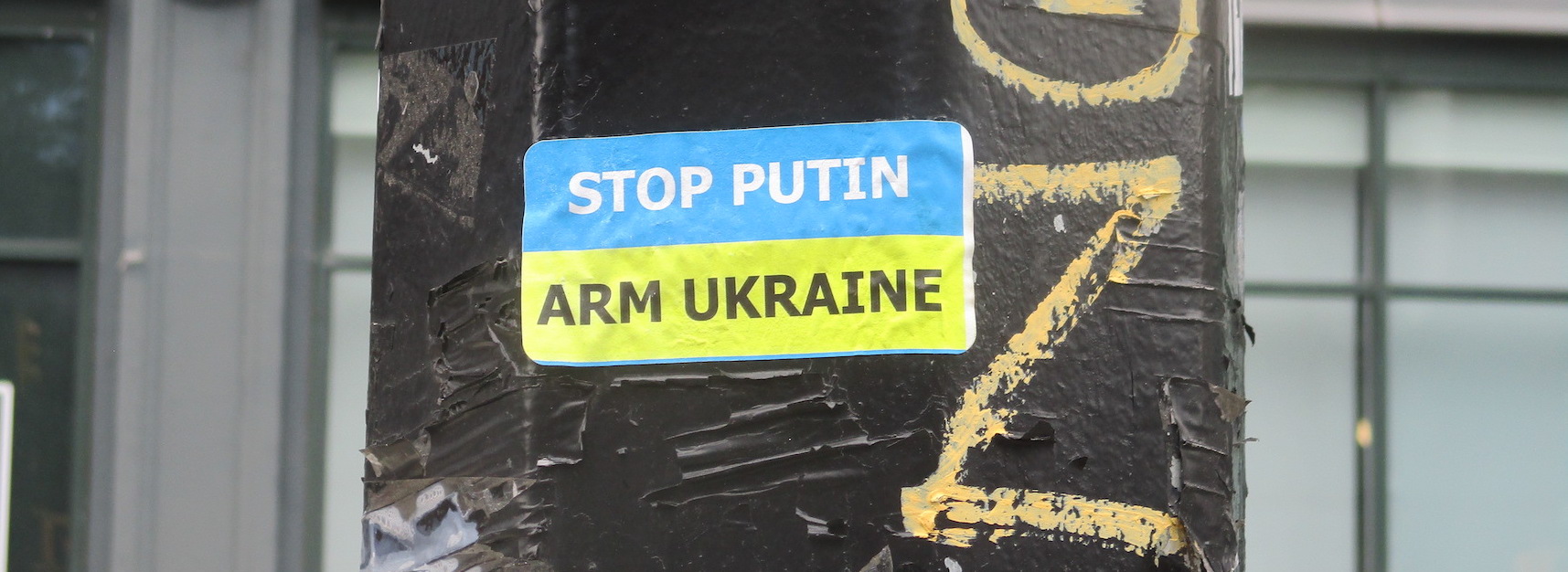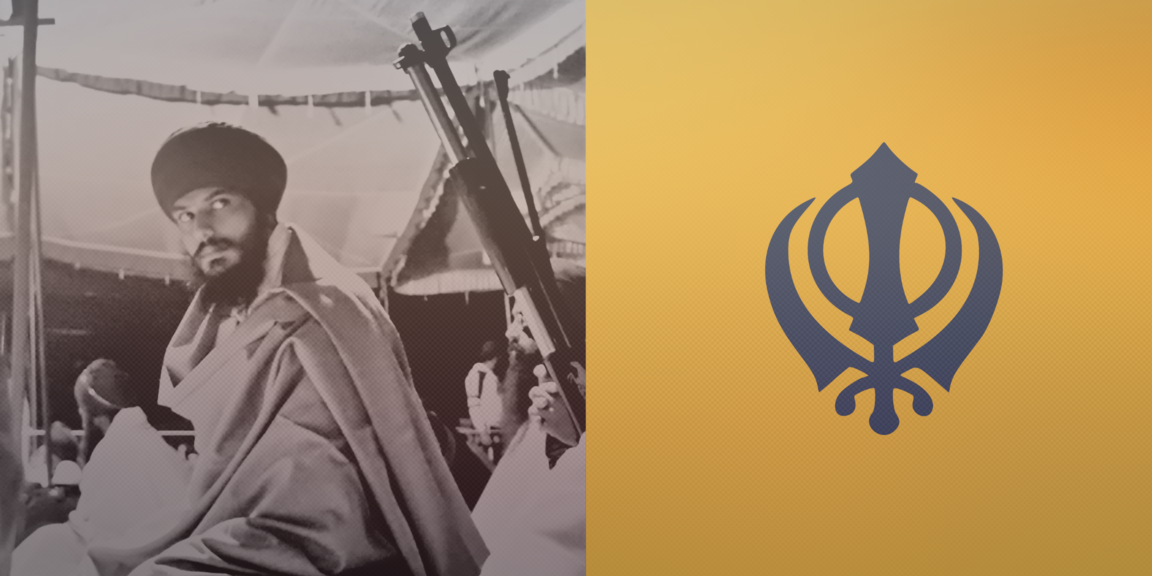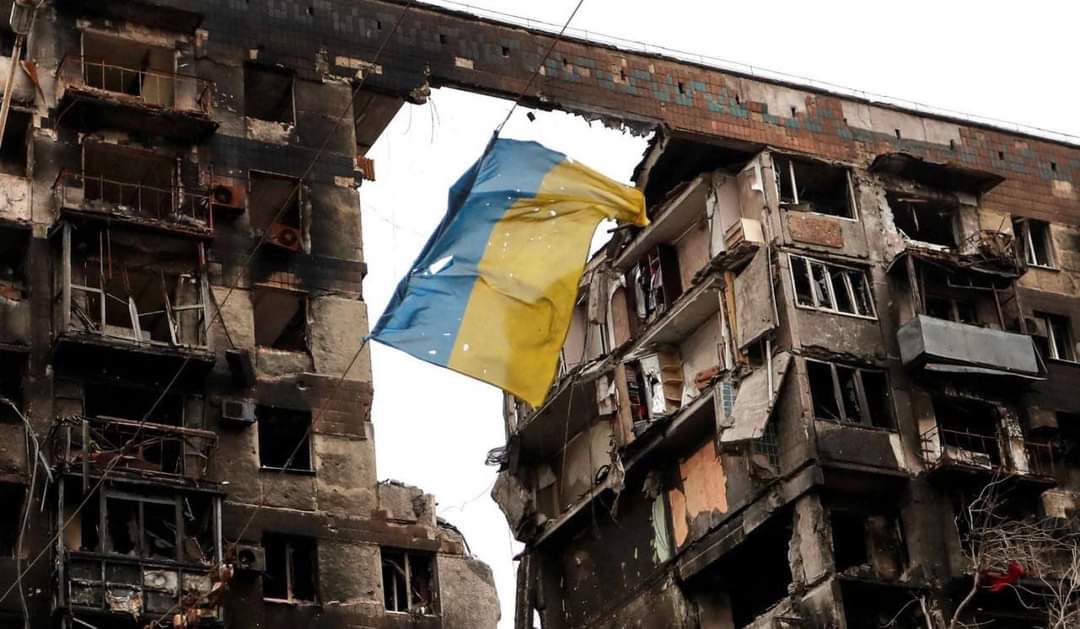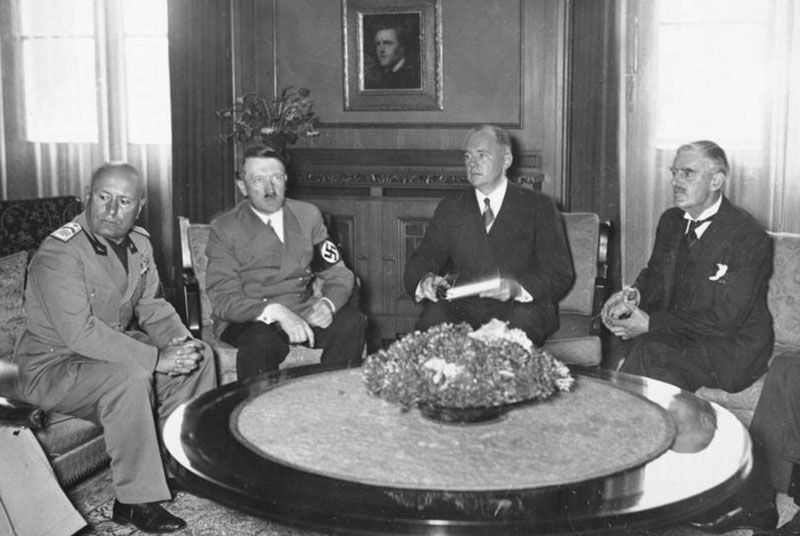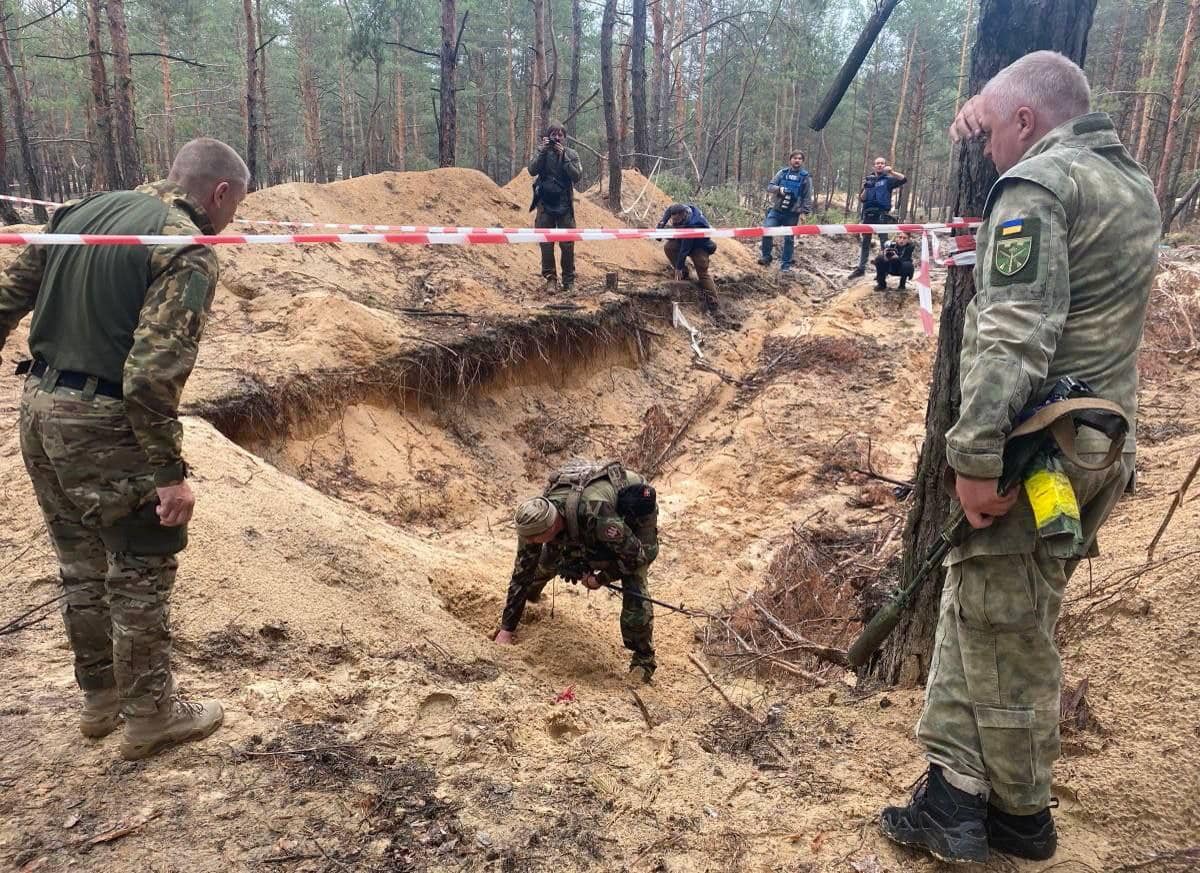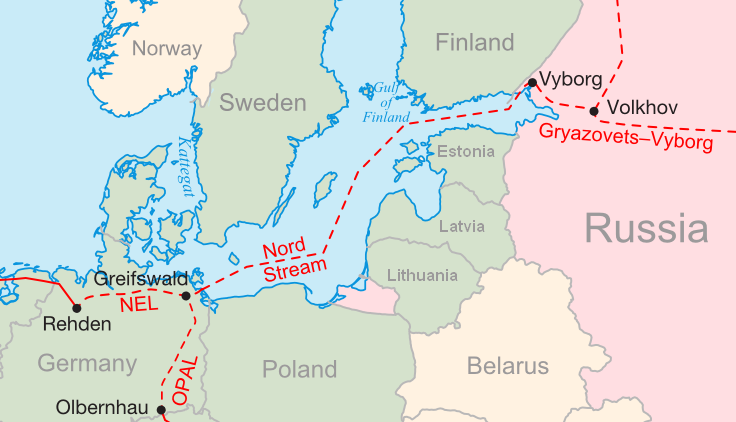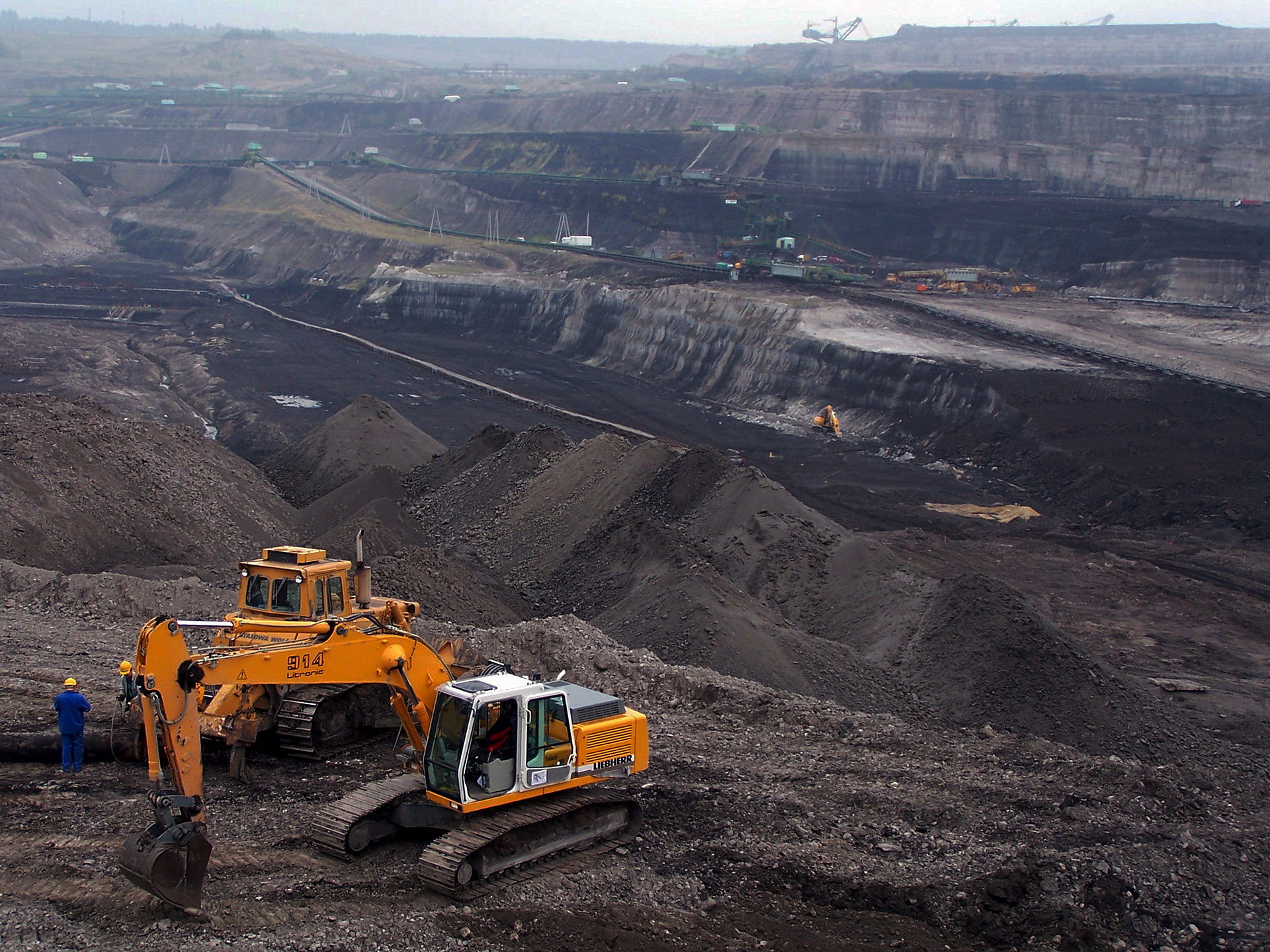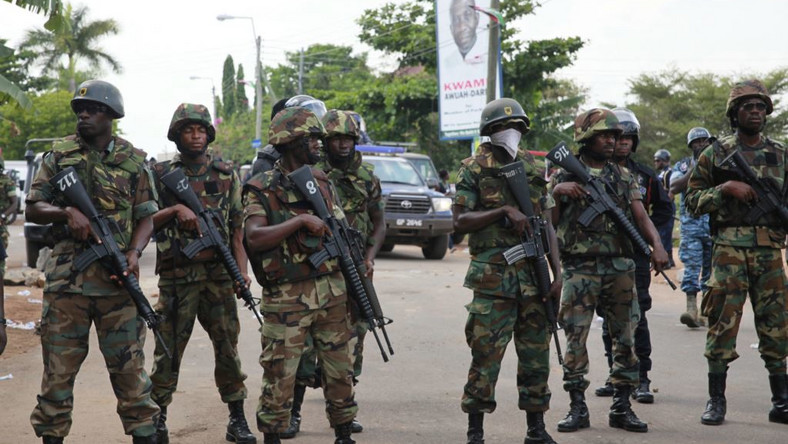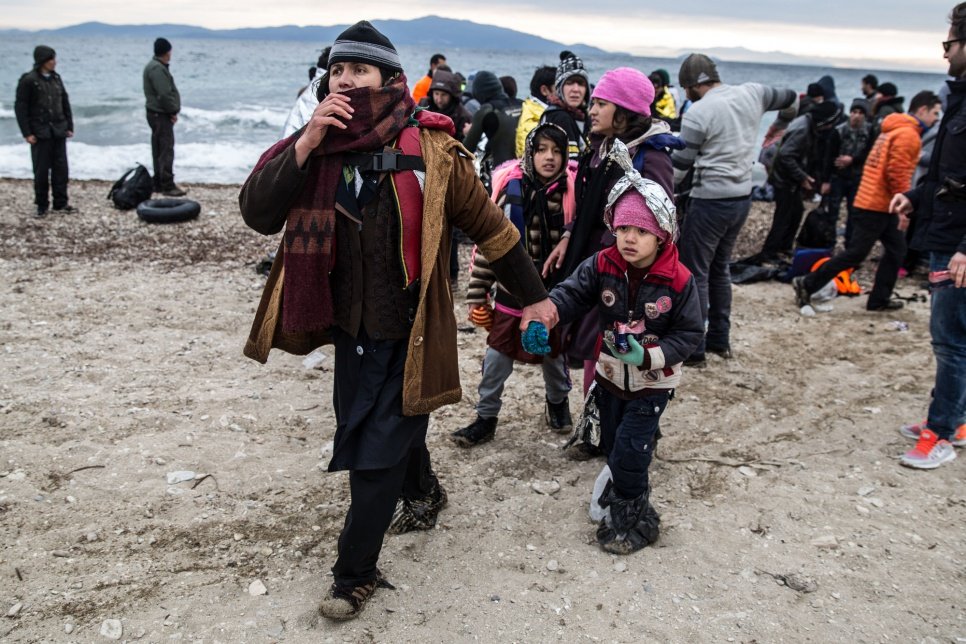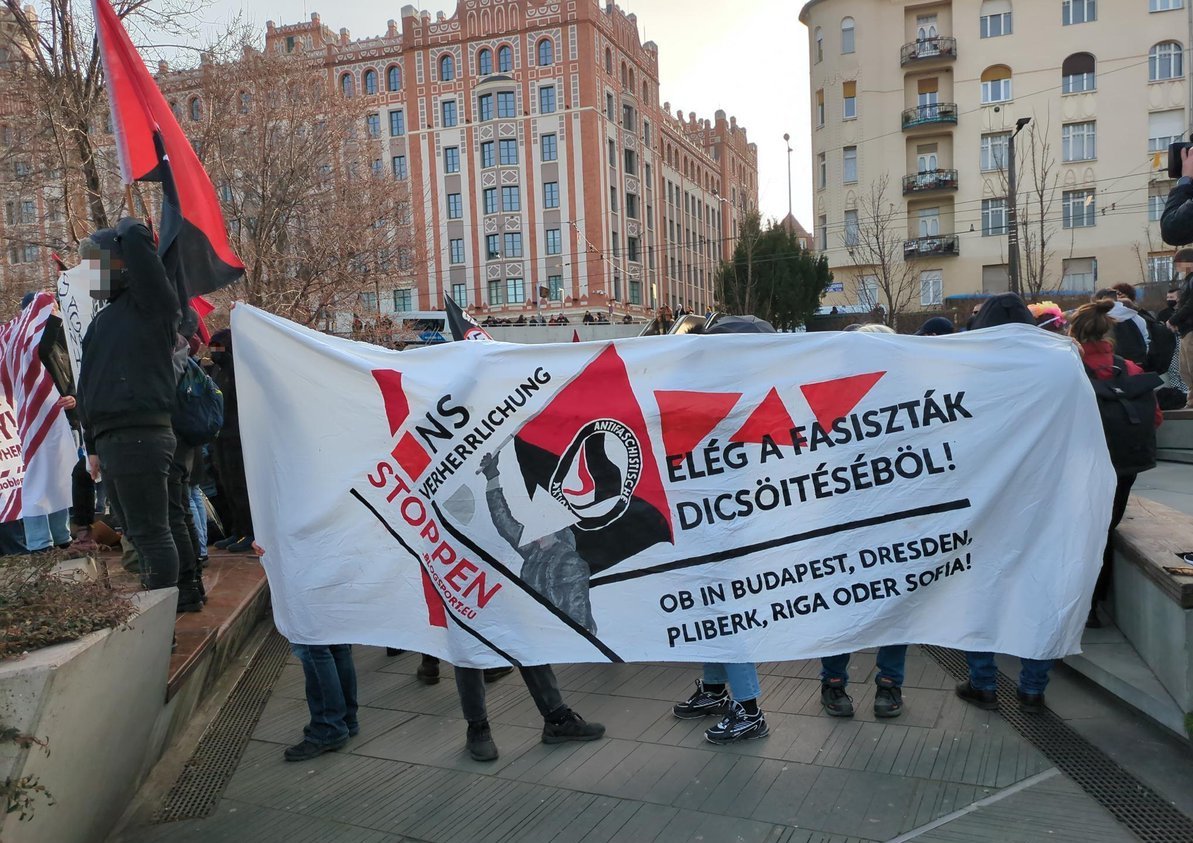
Antifa march against Budapest Nazi-nostalgia fest
Anti-fascist protestors marched in Budapest in response to a previously banned right-wing gathering to commemorate the so-called “Day of Honor”—when German and Hungarian soldiers made a last stand against the Soviet forces besieging the city in 1945. Activists travelled from across Europe to take part in the protest against the event, which similarly drew far-right adherents from across the continent. The dueling rallies came amid diplomatic tensions between Budapest and Rome, as an Italian anti-fascist arrested at last year’s protest against the “Day of Honor” remains imprisoned in Hungary, potentially facing a lengthy term. (Banner reads: “Stop the idolization of fascism! Whether in Budapest, Dresden, Pliberk, Riga or Sofia.” Photo via Twitter)



